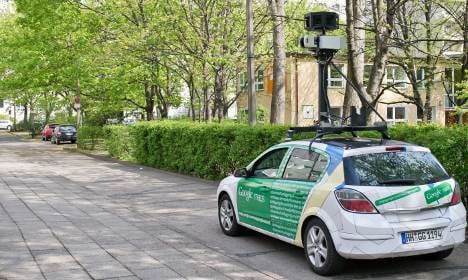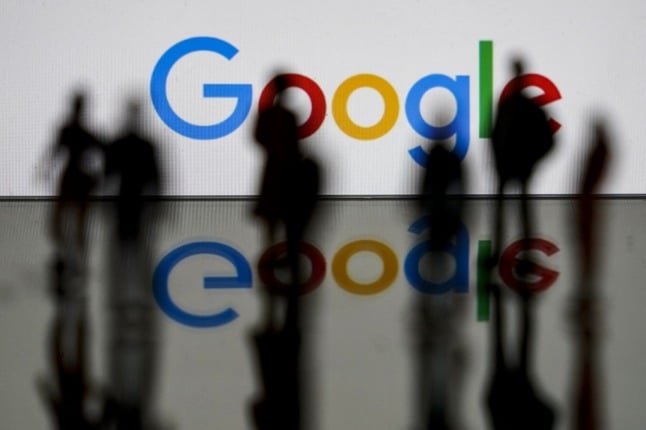An investigation by the US Federal Communications Commission (FCC) showed that a Google worker had written a computer programme so the cars would collect information about people’s internet surfing activities.
He thought that the information could be used to improve internet search algorithms, according to the FCC report released by Google at the weekend.
The car-mounted cameras used to create Google Street-View registered the location of wireless LAN stations to enable exact location finding – but between 2008 and 2010 they also picked up raw data from the internet connections.
The revelation has created a storm of protest internationally, particularly in Germany where sensitivity over privacy is high and many used the option forced upon Google to have their house pixellated on the final digital map.
Initially Google said it had been a mistake and that only tiny pieces of data had been collected – but now the FCC report shows that a software developer not only did it deliberately, but that emails and other complete data had been collected.
The report begs the question of how a single member of staff could have turned such a controversial idea into practice without the alarm being raised in the company. He is said to have informed at least one superior – and sent an email to the whole Street-View team telling them of his plan.
DPA/The Local/hc



 Please whitelist us to continue reading.
Please whitelist us to continue reading.
Member comments